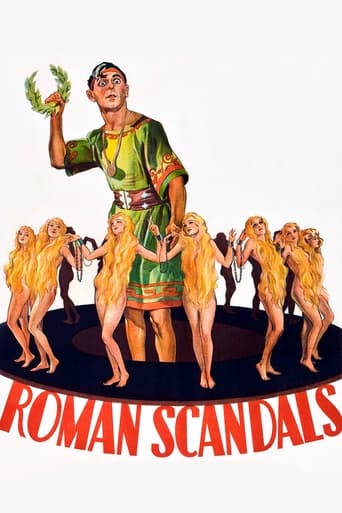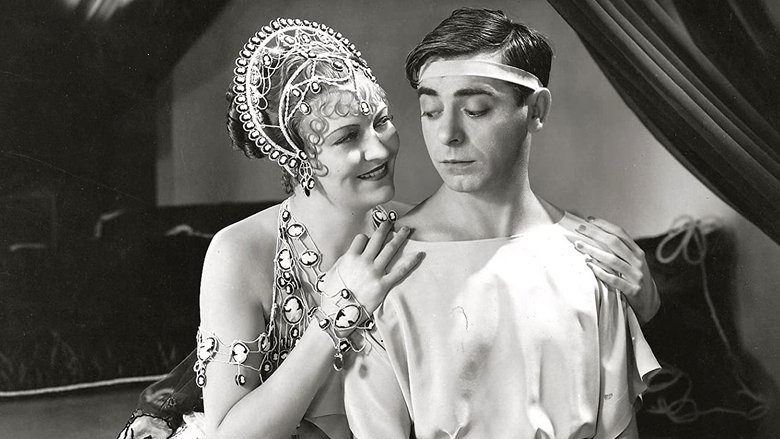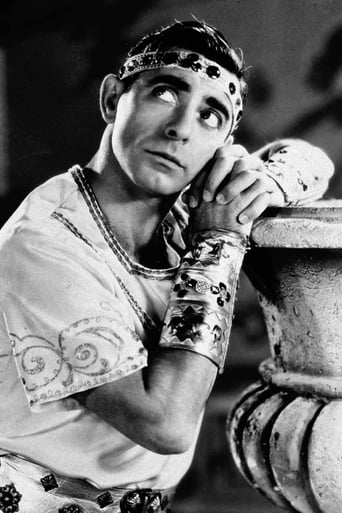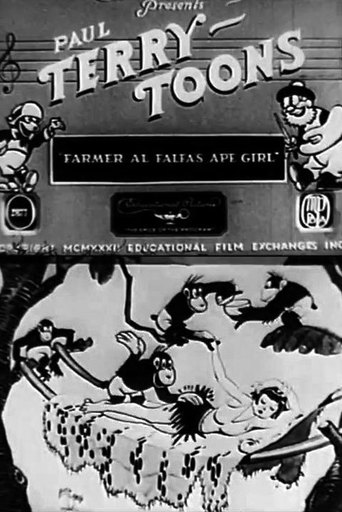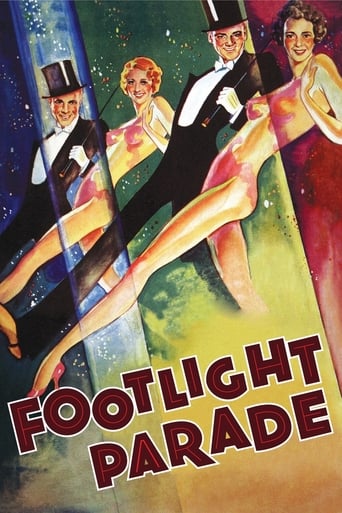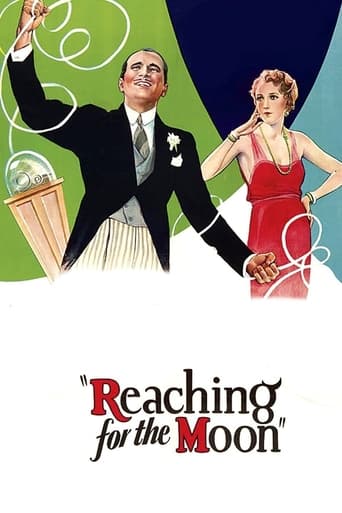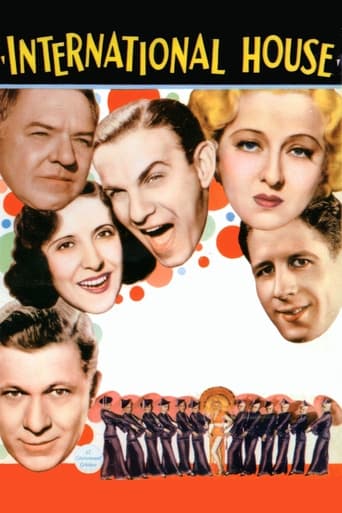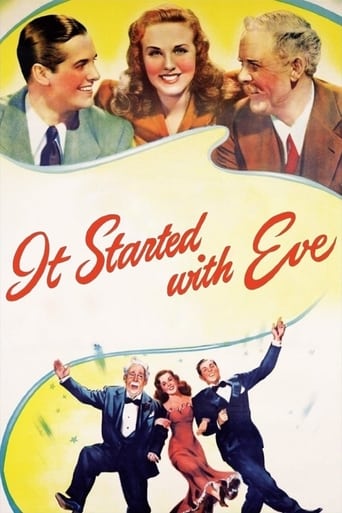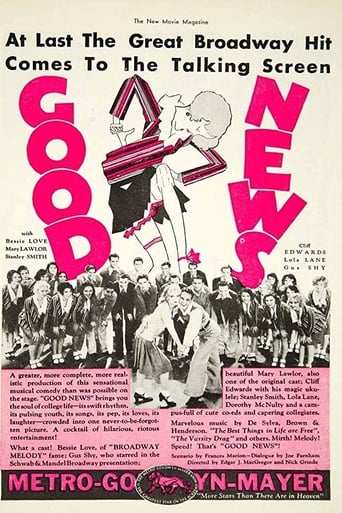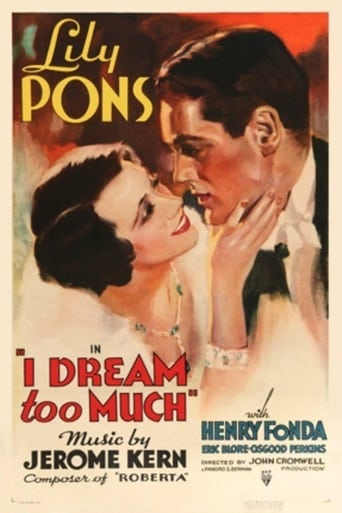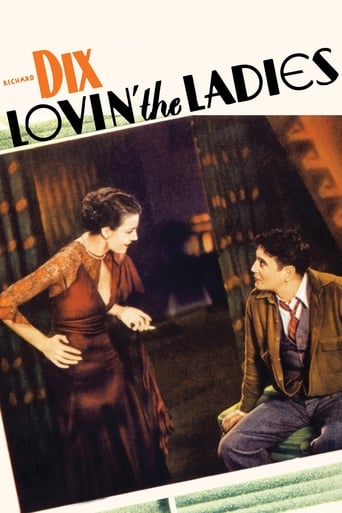Roman Scandals (1933)
A kind-hearted young man is thrown out of his corrupt home town of West Rome, Oklahoma. He falls asleep and dreams that he is back in the days of olden Rome, where he gets mixed up with court intrigue and a murder plot against the Emperor.
Watch Trailer
Cast
Similar titles
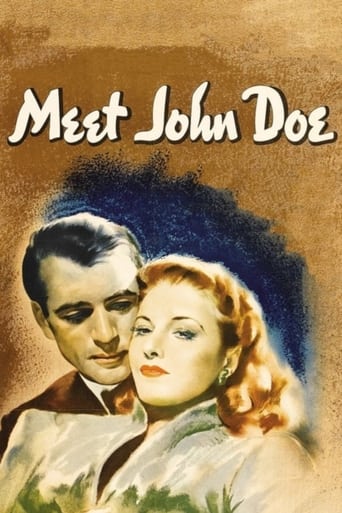
Reviews
Such a frustrating disappointment
Don't listen to the negative reviews
Did you people see the same film I saw?
The film may be flawed, but its message is not.
No song and dance man could tickle your funny bone while being suckered more than Eddie Cantor. He always had an angel over his shoulder as he always came out on top over the various bullies, gangsters, con-artists and in this case a Roman Emperor who tangled with him. This film has two settings, starting off in modern times and moving to an era when toga parties were a common occurrence. Cantor scores in the modern set "Build a Little Home", a tribute to those displaced by the depression which has subtle hints of innocent communism in it. Annie Lennox fans will recognize "Keep Young and Beautiful" which Cantor performs in his signature blackface. It may offend some, but you can't deny its shear artistry, especially with the galaxy of Goldwyn Girls. Lucille Ball is totally recognizable as one of them, particularly in the slave market set "No More Love", a torch song performed by Ruth Etting. That number has the chorus girls totally naked with the exception of their long blonde hair covering their flesh. Titanic fans will recognize the name of Gloria Stuart, here the ingénue. Edward Arnold is an imperious Roman Emperor and the luscious Veree Teasdale is his delightfully scheming wife. A climactic chase sequence has elements of the great silent comedies and is sure to have you riveted to your seat.
This very funny spoof on Roman-era epics (I had previously watched it one morning some 18 years ago on Italian TV) is considered to be star comedian Eddie Cantor's best vehicle - though I must say that it's the only one I've managed to catch up with myself over the years (but do own his debut film, WHOOPEE! [1930], on VHS).The 'modern man dreaming himself in another era' plot line is a favorite comedy theme - an idea dating back to Mark Twain's "A Connecticut Yankee In King Arthur's Court". The film boasts a remarkable line-up of writers (George S. Kaufman, Robert E. Sherwood, Nat Perrin, Arthur Sheekman and George Oppenheimer), many of whom had worked with contemporaneous comedy acts - notably the Marx Bros.; though the star's personality doesn't lend itself to quite that level of lunacy, the script provides a satisfying balance of sight gags and one-liners (often commenting on the basic difference between the two ages). Alongside the humor are the musical sequences - virtually a requisite of the period - highlighting not only a couple of good tunes for Cantor (one of them sung in blackface!) but also Busby Berkeley's choreography featuring The Goldwyn Girls (among them Lucille Ball), including an outrageous number in which they're chained nude to revolving walls! Typical of Goldwyn's output, the production values are impeccable - with cinematography by the legendary Gregg Toland and the impressive set design of Richard Day.The cast, too, is notable - with Eddie (amusingly dubbed Oedipus while in Ancient Rome) being flanked by the likes of David Manners and Gloria Stuart (supplying the romantic interest), Edward Arnold (the Emperor) and Alan Mowbray (as Cantor's prime foil, a Roman General); Arnold's favorite slave girl is played by Ruth Etting in one of her irregular film appearances: she was the chanteuse/gangster's moll later portrayed by Doris Day in the musical biopic LOVE ME OR LEAVE ME (1955)! The film's best gags include: Cantor cracking a whip and 'catching' Mowbray; an alligator flipping upside down in reaction to poisoned food given it by Cantor (appointed by Arnold as his personal food-taster); the prison scene in which Arnold and a couple of guards are exposed to laughing gas while torturing Cantor; Eddie demonstrating the correct moves in a fistfight on Mowbray. Incidentally, the wordplay gag involving the poisoned dish was re-used by Danny Kaye for his classic THE COURT JESTER (1955). Still, the undoubted highlight of the film remains the uproarious (and quite spectacular) chariot chase at the climax - supervised by Ralph Cedar.
One of the underlying themes is slavery - mostly as satire, but a disturbingly poignant scene at the climax of the slave bazaar number has a girl throwing herself to her death to escape from bondage. This was at a time when Busby Berkeley, the choreographer, was sometimes inserting serious byplay into his numbers (a la "42nd Street"). Boy, is this example a beaut! The Ruth Etting blues solo "No More Love" directly plays on the same theme. Both songs have undercurrents I've never seen suggested in a comedy before or since. These, along with the nutty, racially integrated "Keep Young & Beautiful" routine, add a curiously (yet fascinating) unsavory aspect to the proceedings that is not really easy to characterize.Oh yeah, what about that lively beer garden drinking song near the beginning and Cantor in black-face! Offensive, absolutely - but somehow, with Cantor, what's not to love? Politically incorrect? You betcha - but this is not cruel or demeaning stuff. It's mostly just out-and-out dream-like crazy.Others have noted the fine production values, and of course the great comic chariot race at the end. Add it all up and what you've got is a nice, unique, big 'ol pastry of a movie musical. If you wanted something to take your mind of things for 93 minutes in 1933, this was just the ticket. If you want something to take your mind off things for 93 minutes in 2007,this is still just the ticket
Cantor's name is well-known in the annals of comedy, but his cinematic legacy tends to be overshadowed by Laurel & Hardy, Buster Keaton, Charlie Chaplin, The Marx Brothers and Harold Lloyd. Here is one of his most popular films and one of only several that are still readily available to view. He plays a rather knuckle-headed town dope who is beloved by most of the citizens, but disliked by the corrupt Mayor and Police Chief. When he foils their plan to evict a bunch of families, (by convincing them to set up house in the street!) he is run out of town and proceeds to dream that he's in ancient Rome, experiencing similar difficulties. While discovering the hierarchy of Roman society, he comes into contact with handsome nobleman Manners, beautiful captive slave Stuart and devious Emperor Arnold, whose discontent wife Teasdale is out to poison him. Legendary torch singer Ettig also appears as a slave who bemoans the fate of her kind in an elaborate production number featuring semi-nude, platinum-haired girls chained to a rotating column! Cantor gets into every type of trouble imaginable, giving him a chance to try out innumerable sight gags and quips, the bulk of which are surprisingly funny in spite of the fact that they've been used, heard and stolen many times since! Like any comedian, Cantor's style will appeal more to some than to others. Believe it or not, some of Pee Wee Herman's roots can be glimpsed here, though Cantor has surely inspired many others as well. Manners is lively and attractive here, able to overcome his permed hair and rise to the occasion of being a virile hero. Stuart isn't called upon to be much more than window dressing, but she's lovely. Appearing in the cast is Darwell as the haughty owner of a salon. One of the most memorable numbers is set there with Cantor on the run in (now politically-incorrect) blackface. What happens to him at the end of it is a comic highlight. Buried even further down is Ball, who has one line early on and can be seen occasionally thereafter. Stuart claims to have met Ball here and introduced her to her husband, who was able to get her career rolling a bit more heavily. For a film more than 70 years old, the material is more entertaining and arresting than one might expect. It can't be accused of being slow as Cantor bounces from one locale to the next, causing havoc at every turn. Fans of classic comedy owe it to themselves to give it a look.
